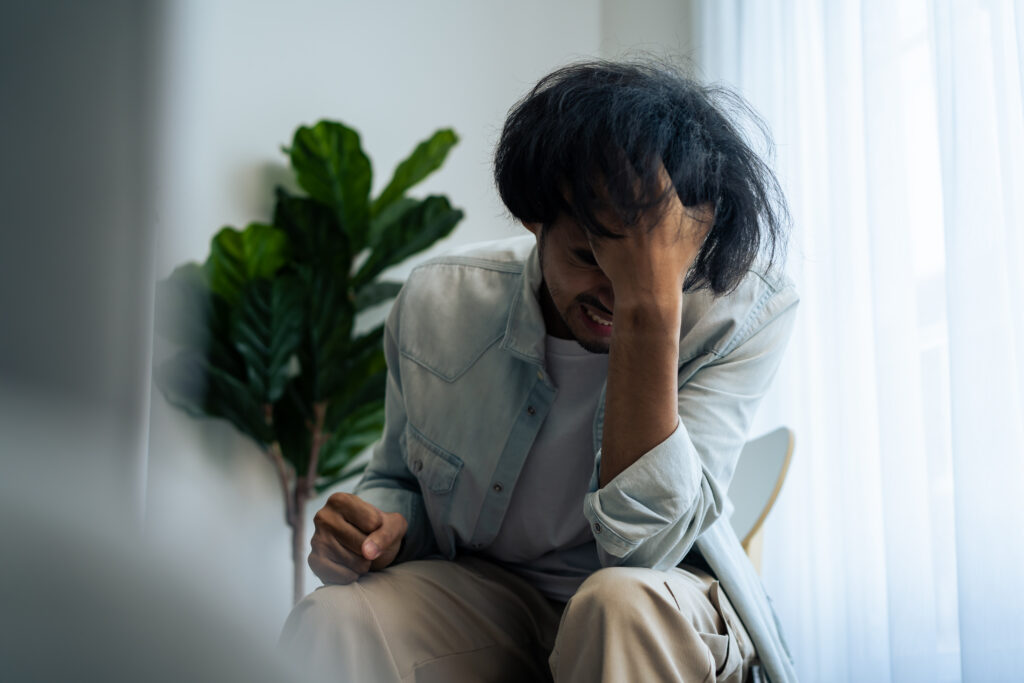Anxiety is a common and often debilitating mental health condition that affects millions of people worldwide. For many, anxiety medications are a lifeline, helping to manage symptoms and improve quality of life. But it’s not uncommon for patients to wonder, “Should I stop taking my anxiety medicines?”
The Importance of Anxiety Medication
Anxiety medications, such as SSRIs (Selective Serotonin Reuptake Inhibitors) and benzodiazepines, play a crucial role in reducing the symptoms of anxiety disorders. These medications work by balancing chemicals in the brain that contribute to feelings of anxiety and panic. For those struggling with persistent and severe anxiety, these medications can provide much-needed relief, allowing individuals to function more effectively in their daily lives.
It’s essential to recognize that anxiety medications are part of a broader treatment plan. They are not a cure, but rather a tool to help manage symptoms while you work on the underlying causes of your anxiety through therapy and lifestyle changes. Abruptly stopping these medications can lead to a return of symptoms, and in some cases, can even cause withdrawal effects that make your anxiety worse.
Where to Source Your Anxiety Medication
When it comes to sourcing your anxiety medication, it’s important to only obtain it from legitimate, licensed pharmacies. Never buy medication from unauthorized online sources or without a prescription, as this can be dangerous. Medications from unverified sources may be counterfeit, contaminated, or inappropriate for your specific condition, leading to serious health risks.
Always work closely with your healthcare provider to ensure you’re taking the right medication for your needs. They will guide you on the correct dosage and monitor for any side effects, making adjustments as necessary to optimize your treatment plan.

When to Avoid Anxiety Medications
While anxiety medications can be highly effective, they are not suitable for everyone or every situation. For some individuals, anxiety can be managed through therapy, lifestyle changes, and coping strategies without the need for medication. It’s also important to avoid anxiety medications if you have certain medical conditions, allergies to specific drugs, or a history of substance abuse, as these factors can increase the risk of adverse reactions. Here’s a more comprehensive checklist you can use:
- Mild Anxiety Symptoms: If your anxiety is mild and does not significantly impact your daily life, non-medication approaches like therapy, mindfulness, or lifestyle changes may be more appropriate.
- Short-Term Situational Anxiety: For temporary anxiety, such as stress before a big event, anxiety medications might not be necessary. Short-term anxiety can often be managed with coping techniques or short-term behavioral interventions.
- History of Substance Abuse: If you have a history of substance abuse, certain anxiety medications, particularly benzodiazepines, may pose a risk of dependency and should be avoided.
- Allergies or Sensitivities: If you have known allergies or sensitivities to specific medications, you should avoid taking those anxiety medications to prevent adverse reactions.
- Medical Conditions: Certain medical conditions, such as severe respiratory issues or certain heart conditions, may contraindicate the use of some anxiety medications.
- Pregnancy or Breastfeeding: Some anxiety medications can be harmful to the developing fetus or nursing infant. It’s important to consult with a healthcare provider about safe alternatives during pregnancy or breastfeeding.
- Potential for Side Effects: If you are particularly sensitive to medication side effects or if the potential side effects outweigh the benefits for you, it may be better to explore alternative treatments.
- Preference for Non-Medication Approaches: If you prefer to manage your anxiety through therapy, lifestyle changes, or holistic approaches, and your healthcare provider agrees, medication may not be necessary.
- Misdiagnosis or Incomplete Diagnosis: If you have not been properly diagnosed or if there’s uncertainty about your condition, starting medication prematurely could be inappropriate or harmful.
- Lack of Follow-Up Care: If you are unable or unwilling to participate in regular follow-up care, which is necessary to monitor the effects and adjust dosages, it might be unsafe to start medication.
- Risk of Interactions with Other Medications: If you are already taking other medications, there may be a risk of drug interactions that could be harmful. Always consult with a healthcare provider before adding anxiety medication to your regimen.
- Age-Related Concerns: In some cases, anxiety medications are not recommended for very young or very old patients due to increased sensitivity or risk of side effects.
Remember, while these are tips and general information, it is still best to consult with your attending physician or healthcare professional before making a decision regarding anxiety medication.
The Necessity of Follow-Up Sessions
Follow-up sessions with your healthcare provider are a critical component of any treatment plan involving anxiety medication. These sessions allow your provider to monitor your progress, assess the effectiveness of the medication, and make any necessary adjustments. Regular check-ins ensure that your treatment plan remains aligned with your evolving needs, helping you achieve the best possible outcomes.
Skipping follow-up appointments can lead to unmanaged side effects, incorrect dosages, or even the worsening of symptoms. Your healthcare provider can help you navigate any challenges that arise and provide support as you continue your journey toward better mental health.
Should You Stop Taking Your Anxiety Medication?
Deciding whether to stop taking your anxiety medication is not a decision to be made lightly. It’s crucial to consult with your healthcare provider before making any changes to your medication regimen. They can help you weigh the pros and cons, assess whether you’re ready to taper off the medication, and guide you through the process safely if appropriate.
For more information on the proper use of anxiety medications, visit the National Institute of Mental Health.
Read more: Dangers of Self-Medication in Mental Health


